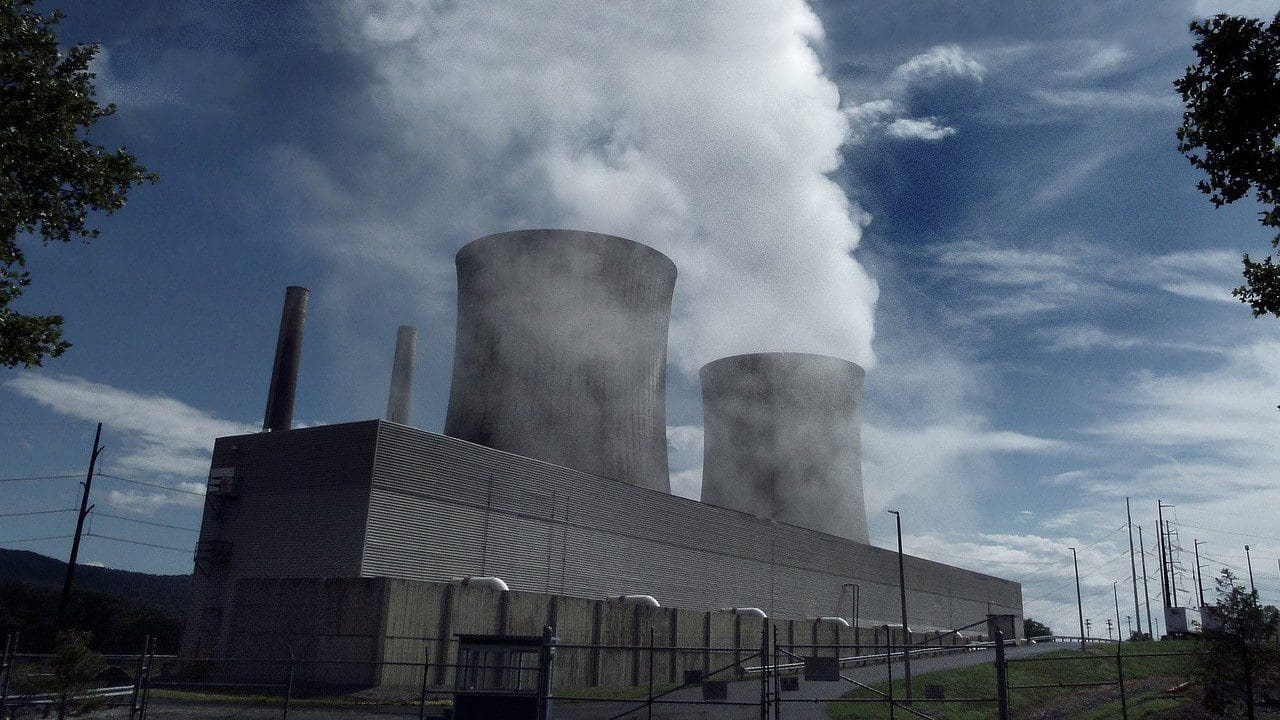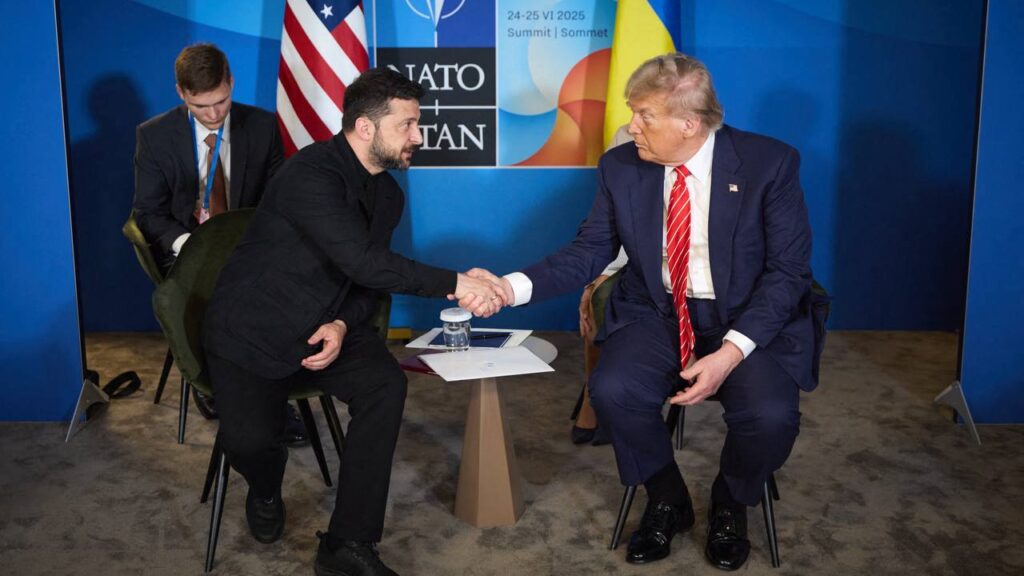In March, the MVM Group launched open, conditional procurement procedures for the construction of combined cycle gas turbine (CCGT) power plant blocks. A total of 1600 megawatts (MW) of modern energy generation capacity will be established at the Tisza Power Plant in Tiszaújváros and the Mátra Power Plant in Visonta. The call for tenders was met with strong interest, and finally, the participation documentation of six applicants for each tender was accepted, and the bidding phase will now begin, according to the statement by the Ministry of Energy on Thursday.
The ministry emphasised that combined cycle gas turbine power plants can be built relatively quickly, have exceptionally high efficiency, low specific carbon dioxide emissions, and their capacity can be adjusted according to the current consumption. Adequate balancing capacity is needed for the widespread utilisation of weather-dependent renewables. The planned blocks will support the integration of several thousand megawatts of solar power production. The blocks will also be suitable for hydrogen fuel use in certain proportions.
According to the plans, the MVM Tisza Power Plant will have two blocks with a maximum capacity of 500 MW each, and the Mátra Power Plant of MVM Mátra Energia Zrt. in Visonta will have one block with a maximum capacity of 650 MW. The developments will fully comply with environmental requirements and make reasonable use of existing infrastructures. For example, the construction in Tiszaújváros will take place on an investment site, at a previously retired oil and gas-fired power plant location. The implementation can begin after the successful and effective conclusion of the procurement procedures, and the duration of the works is expected to be around three to three and a half years, according to the ministry.
International Consortiums Bidding for the Contract
The ministry also stated that the calls were met with strong international interest, promising competitive pricing, with over thirty interested parties downloading the materials for each project. After processing the responses to the requests for clarifications, six applicants for each tender were selected to proceed to the current bidding phase for the Visonta and Tiszaújváros sites. The MVM Group will publish a detailed list of the bidding consortiums, including Western European-based global companies, as well as companies from Egypt, Greece, China, and Turkey.
The two new blocks in Tiszaújváros will produce an average of 5200 GWh of electricity annually, while the Mátra block will produce 3800 GWh. The MVM Group will contribute 800 MW of new, modern regulating capacity to maintain the stability of the domestic electricity system. The planned investments will promote the maintenance and increase of domestic electricity generation, meet the needs of residential and industrial consumers, strengthen energy security, and support the fulfilment of climate protection and carbon neutrality commitments.
Related articles:








